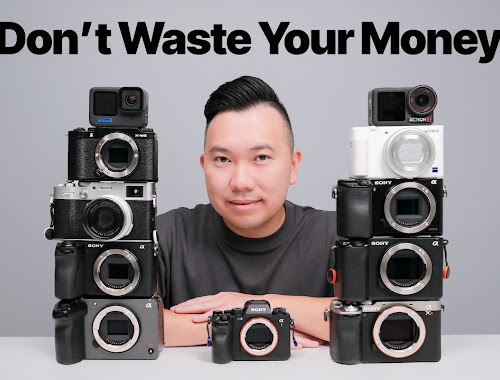Law and Ethics in Street Photography
In this video Sean Tucker interviews Nick Dunmur, who is a member of the legal team at the AOP (Association of Photographers) to talk about the laws surrounding street photography and photographing people in public.
Sean also offers some thoughts on putting together your own moral code for your work, because sometimes asking if you 'can' take a photograph isn't enough, you also need to ask yourself whether you 'should'.
You may also like: Street Photography with Film: Kodak Tri-X (feat. Mavis CW)
Text, image and video via Sean Tucker | Photography Workshop



















1 comments:
Hello An interesting and informative video thank you for making it. However I wonder about the expectation of privacy principle in the UK, given the famous Naomi Campbell case where she was filmed in a public place while leaving a Narcotics Anonymous meeting, and it was found that she did have the right to privacy despite being in public. I'm also bit concerned about ambiguity in what is and isn't commercial photography. I have been told in my work as a journalist to always err on the side of caution re release forms, written contracts. If an individual can be identified by people who know them if a photograph is published, there can be 'jigsaw identification', potentially giving that 'anonymous' subject legal rights over how the photo is used, and again, getting consent may well be required prior to publication. The photographing of children should for good order's sake be accompanied by getting a guardian's advance consent. Why leave anything open to unnecessary risk, and why risk antagonising a guardian- you do not know ehat that child's legal status or personal history might involve which could make that photo being a real problem for them. Arguably published street photography is photojournalism, and laws for using photographs in journalism are quite strict. Case law seems to change the picture very often; keeping up to date is a must.
Post a Comment